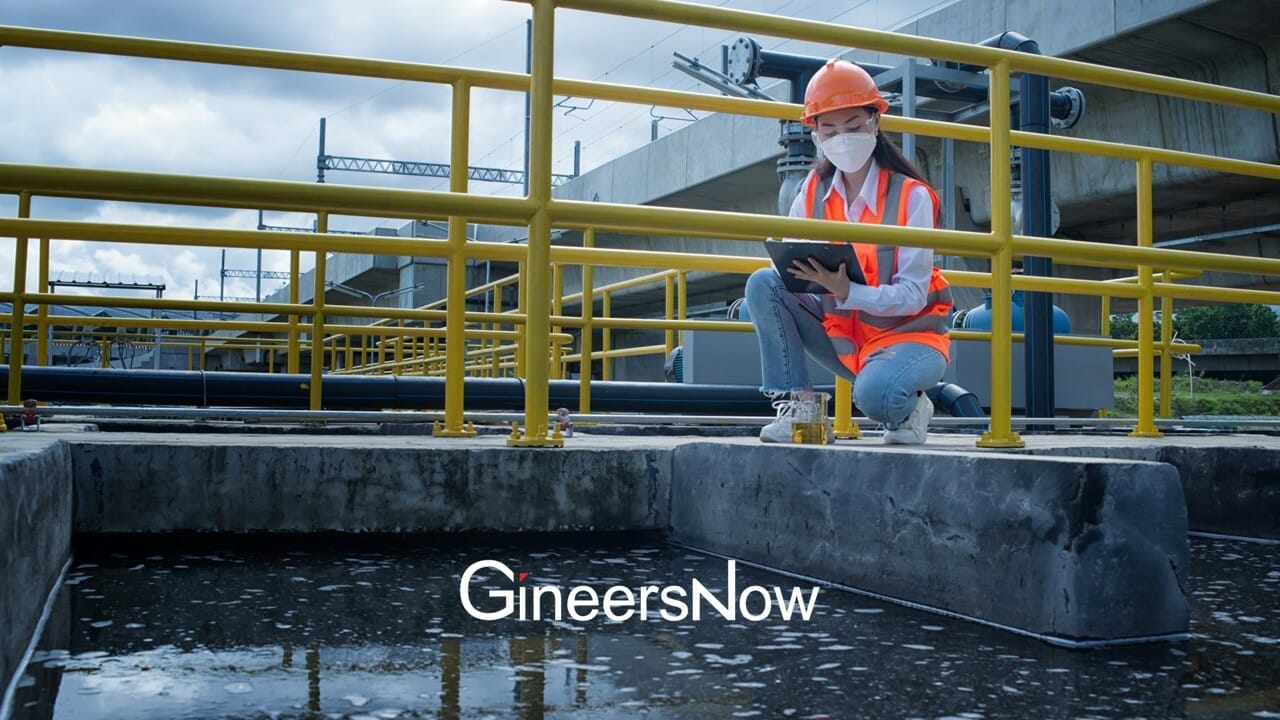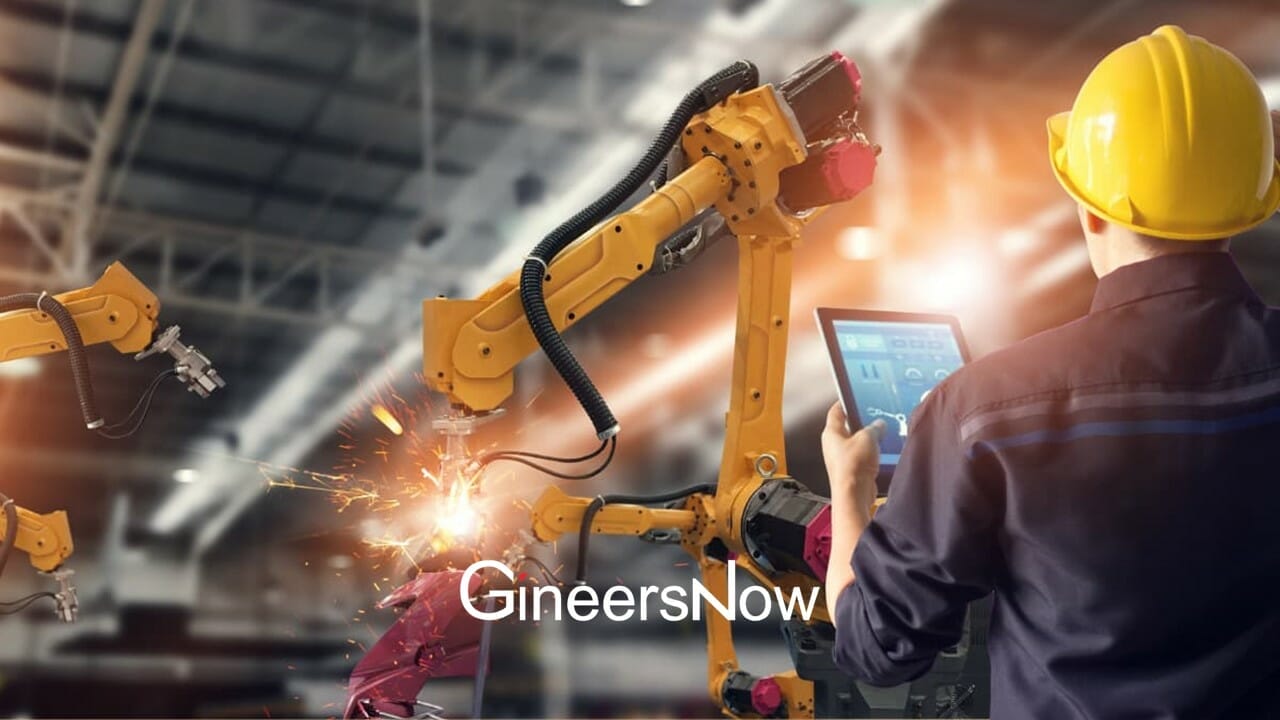An international group of researchers which includes scientists from Shinshu University in Japan and the director of Penn State’s ATOMIC Center, created a graphene-based coating for desalination membranes which are more scalable ad sturdier than that of current nanofiltration membrane technologies available.
According to Mauricio Terrones, professor of physics, chemistry and materials science and engineering at Penn State.“Our dream is to create a smart membrane that combines high flow rates, high efficiency, long lifetime, self-healing and eliminates bio and inorganic fouling in order to provide clean water solutions for the many parts of the world where clean water is scarce. This work is taking us in that direction.”
The result of this creation could be a filter for clean water solutions, protein separation, wastewater treatment, as well as pharmaceutical and food industry applications.
This membrane uses a simple spray-on technology to coat a mixture of graphene oxide and graphene in solution onto a backbone support membrane of polysulfone that is modified with polyvinyl alcohol. Even in the early stages of the development of the membrane, it can already reject 85 percent of salt, which is sufficient for agricultural purposes, and 96 percent of dye molecules.

Source: Penn State
Chlorine is usually used to mitigate biofouling in membranes. However, chlorine rapidly degrades the performance of polymer membranes that are currently available. By adding a few-layer of graphene makes this new membrane highly resistant to chlorine.
Graphene is known for its high mechanical strength, and porous graphene is predicted to have 100 percent salt rejection. This means it is potentially an ideal material for desalination membranes.
However, there are still many challenges to overcome with using this material, this includes scaling up graphene to industrial quantities as well as controlling defects and the need for complex transfer techniques that are needed to handle the two-dimensional material. Currently, the researchers are attempting to overcome scalability issues so as to provide an inexpensive and high quality membrne at manufacturing scale.
According to first author Aaron Morelos-Gomez “Our membrane overcomes the water solubility of graphene oxide by using polyvinyl alcohol as an adhesive making it resistant against strong water flow and high pressures. By mixing graphene oxide with graphene we could also improve significantly its chemical resistance”
Article Source:










